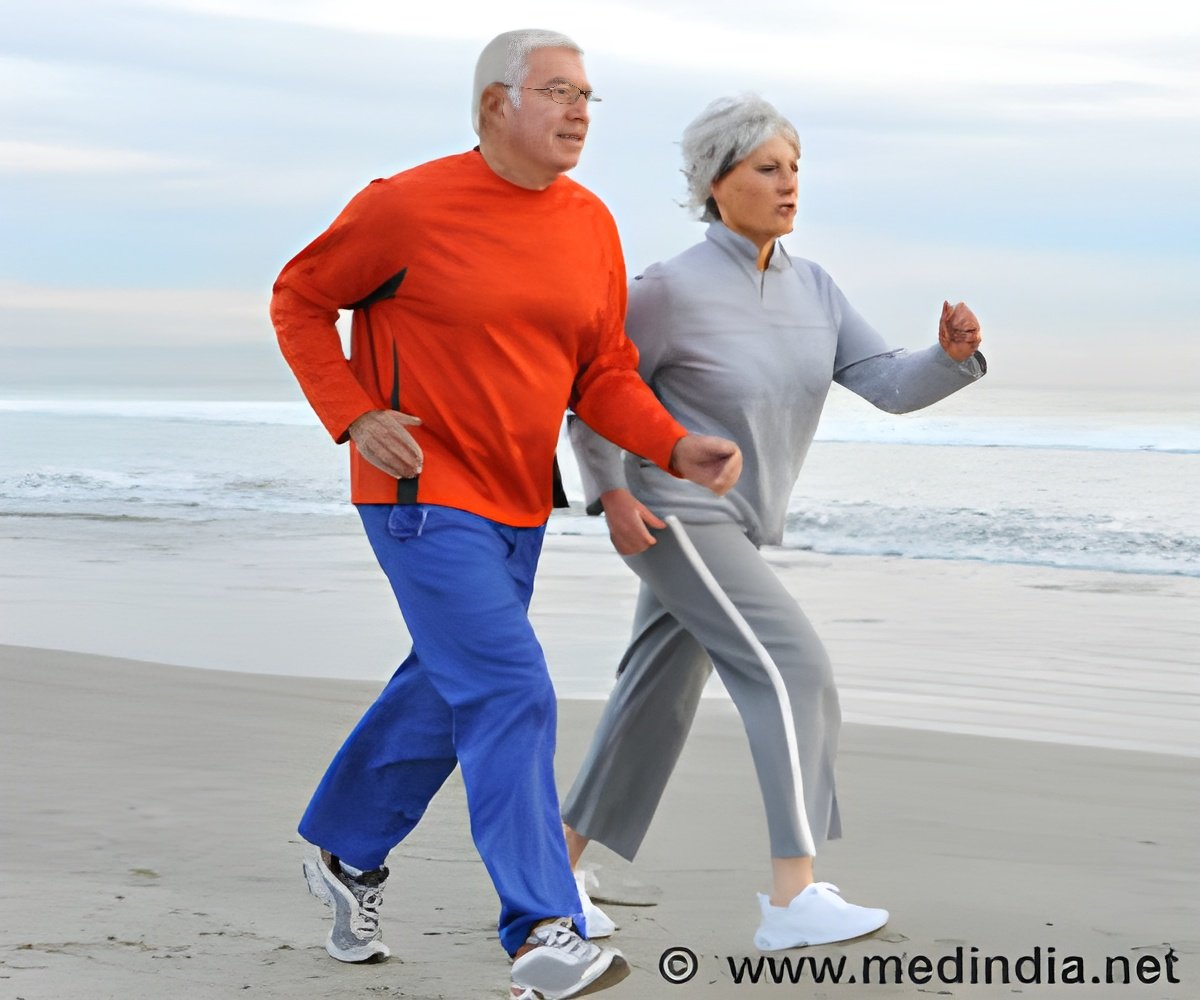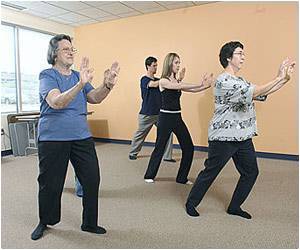Low to moderate-intensity home-based exercise program improves mood, anxiety, social, and emotional well-being of older patients with cancer who are undergoing chemotherapy treatments.

‘Older people with cancer undergoing chemotherapy treatments benefit the most from low to moderate-intensity exercise program as it improves anxiety, mood, social and emotional well-being of the patients’





Having cancer increases the chances of people experiencing anxiety and mood issues, which can affect emotional and social well-being. In turn, this may lead people to discontinue cancer treatments which can mean shortening their survival.Chemotherapy can benefit older adults with cancer, even though older people receiving this type of treatment often experience higher rates of dangerous side effects than younger people do. Older adults often experience anxiety and other mood disorders during their treatment for cancer, too and treating those problems with medications can often cause potentially dangerous side effects.
What's more, many anti-anxiety medications such as benzodiazepines and antidepressants are listed in the American Geriatrics Society (AGS) Beers Criteria® as being potentially inappropriate for older adults. That's why it is desirable to seek alternative treatments that are safe and effective at improving anxiety, mood disturbances, and emotional and social well-being, including treatments that don't rely on medications. For example, several studies have been conducted to examine the relationship between exercise and mood in cancer survivors, and most have shown positive results.
The researchers in the new JAGS study examined the Exercise for Cancer Patients (EXCAP) program, a home-based, low- to moderate-intensity aerobic and resistance exercise program. In the study, those who were assigned to the EXCAP program received an exercise kit. It contained a pedometer, three exercise bands (medium, heavy, extra heavy), and an instruction manual.
During the program, participants increased the length and intensity of their workouts over time. For example, participants received an individually tailored, progressive walking routine, and they wore a pedometer and recorded their daily steps over six weeks, starting on their first day of chemotherapy treatment. They were encouraged to gradually increase their steps by five to 20 percent every week. For resistance exercise, they performed exercises with therapeutic exercise bands. Participants were given individually-tailored workout plans that encouraged them to perform ten required exercises (such as squats and chest presses) and four optional exercises daily. Participants were also encouraged to increase the intensity and number of repetitions of resistance band exercises gradually over the course of the program.
Advertisement
The researchers also noted that in the study, the people who benefited the most from the exercise program were older adults who received chemotherapy and started off with worse anxiety, mood, and social and emotional well-being.
Advertisement















